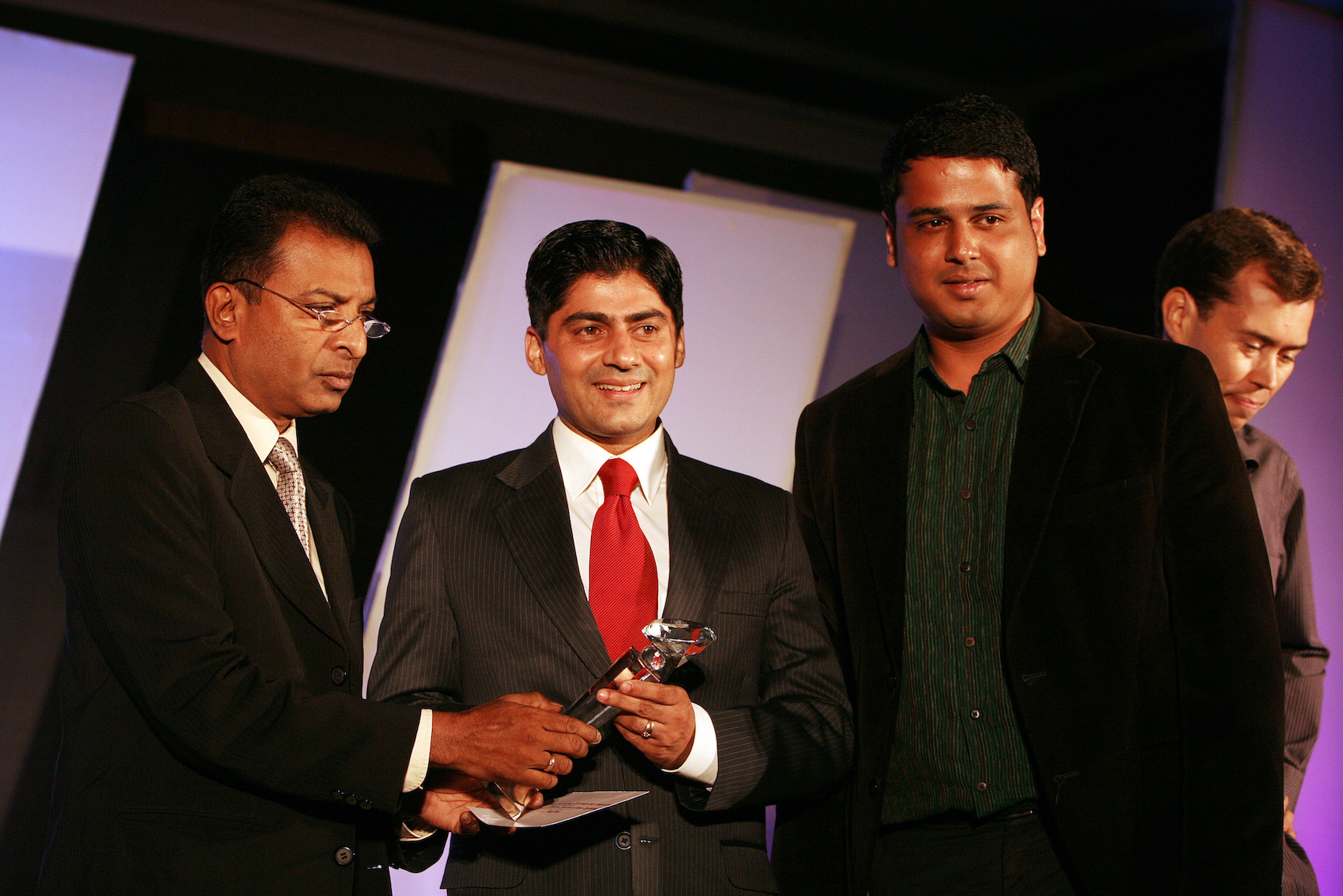Media workers in India argue that boycotts of individual journalists are not the answer to pro-Government reporting bias
Last month, the Indian National Developmental Inclusive Alliance, an alliance of opposition parties led by the Indian National Congress, issued a list of 14 news anchors who it said it will boycott because they deem them to be fuelling hate in the country.
The alliance - known by its acronym, INDIA - which holds power in 11 states of India, comprises 28 political parties with more expected to join ahead of general elections in May 2024.
In this most recent move, the INDIA alliance said it would refuse to send representatives on TV shows presented by or featuring Aman Chopra, Amish Devgan and Anand Narasimhan of News 18; Chitra Tripathi and Sudhir Chaudhary of Aaj Tak; Gaurav Sawant and Shiv Aroor of India Today; Prachi Parashar of India TV; Arnab Goswami of Republic Bharat; Rubika Liyaquat of Bharat 24; Navika Kumar and Sushant Sinha of Times Now Navbharat; Aditi Tyagi of Bharat Express; and Ashok Shrivastav of national broadcaster Doordarshan News.
The move comes amid concerns about media bias in India. A survey of independent journalists and news consumers was carried out earlier this year by the think tank, Lokniti, and the Centre for the Study of Developing Societies. It revealed worries about significant media bias in favour of the Narendra Modi government.
The survey discovered that 82 percent of independent journalists perceived favouritism towards Indian Prime Minister Narendra Modi’s Bharatiya Janata Party (BJP), while a mere 3 percent noted a similar bias towards the Indian National Congress.
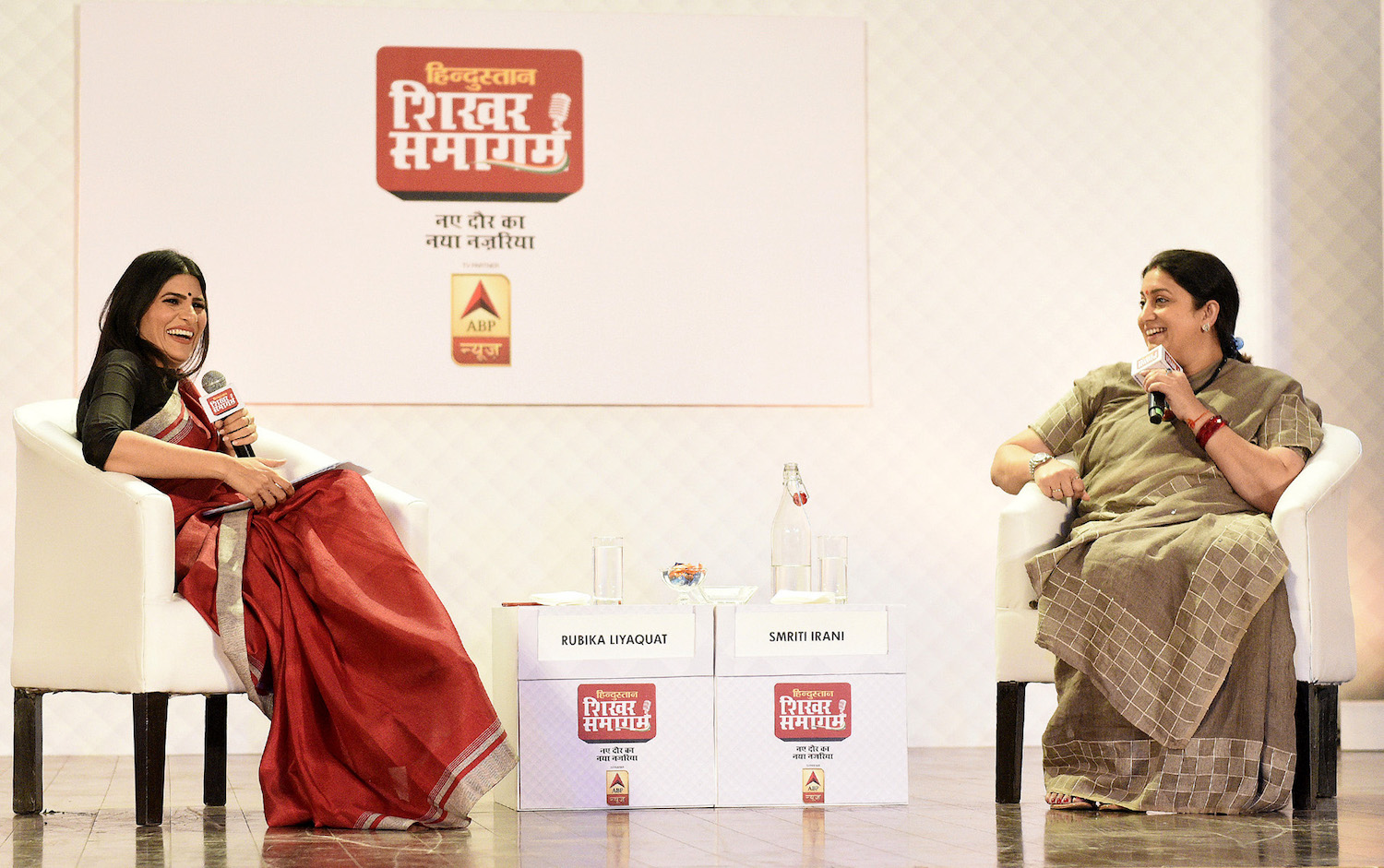
The study also highlighted that 72 percent of participants believed news channels encounter constraints in carrying out their responsibilities, with newspapers and digital media encountering similar challenges.
Only about one in five news consumers responded that the media in India gives balanced political coverage and said, neither is it too favourable towards the government/opposition nor is it too unfavourable.
The report was released on October 20, 2022, and is titled “Media in India: Access, Practices, Concerns, and Effects”. The report analysed data to show how different communities are consuming news and how the media landscape is operating in India.
‘Godi media - sensationalist and biased’
‘Godi Media’ is the nickname given to journalists who support the current ruling National Democratic Alliance government (since 2014), led by the right-wing Bharatiya Janata Party (BJP).
The term is a pun on the name of Indian Prime Minister Narendra Modi and has become a common way to refer to television and other media that are perceived as “mouthpieces” of the ruling party in India, the Bharatiya Janata Party. They are often accused of being sensationalist and biased.
Bias in the media is a critical issue in India, which ranks at a lowly 161 out of 180 countries on the 2023 Press Freedom Index produced by Reporters Without Borders (RSF).
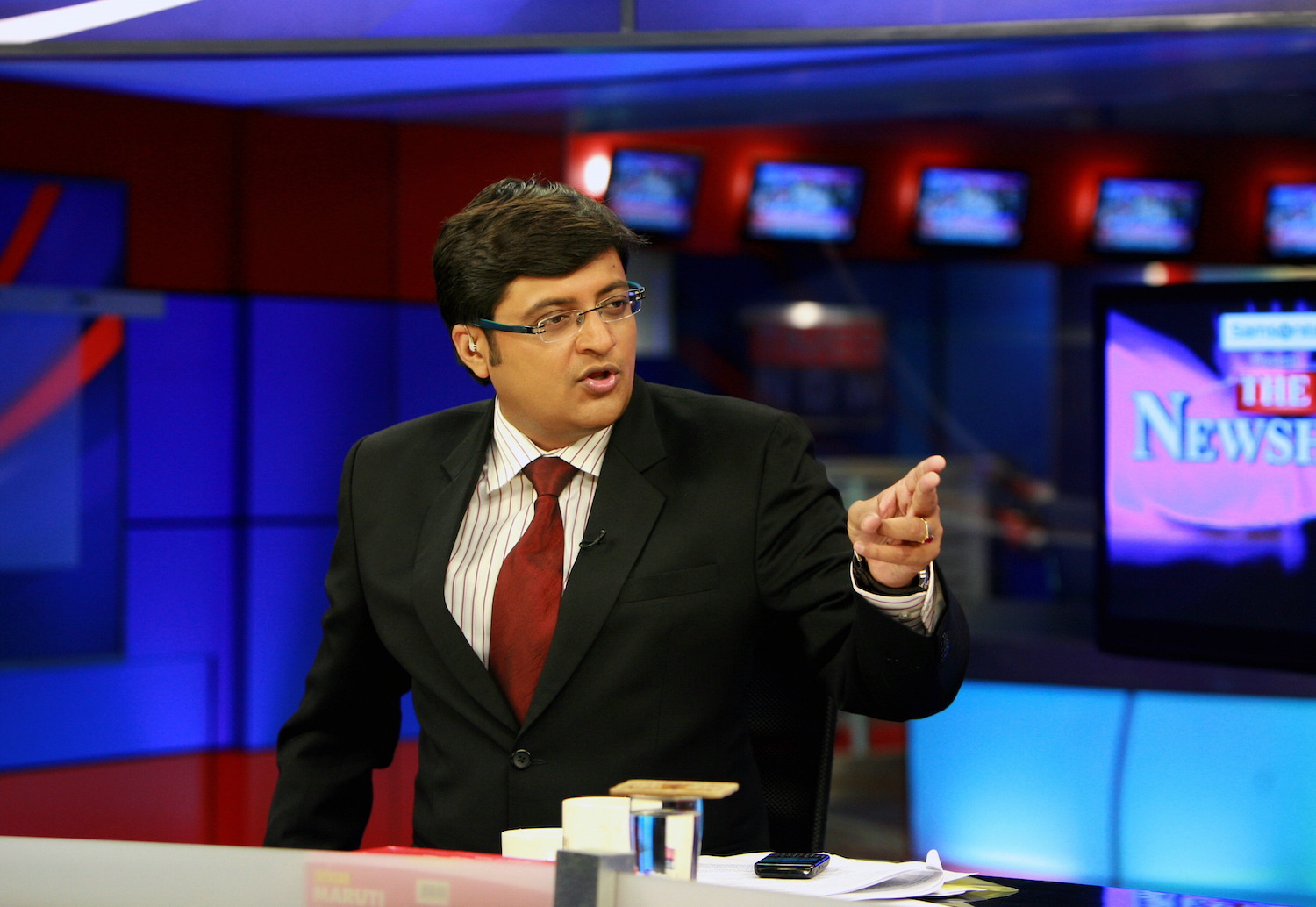
Other studies of Indian media have reached a similar conclusion. “A study of 30 Indian newspapers and 41 Indian TV channels with the largest viewership rates in the country confirms the existence of rampant media bias during a two-year period from 2017 to 2018,” reads a study titled Media Bias and Democracy in India, published in 2021. “The BJP spends almost $140 million on publicity per year, with 43 percent of this expenditure focusing specifically on print ads in newspapers. Government advertisements serve as a financial lever for influencing media content and public opinion. For example, during the year leading to the 2019 elections, newspapers that received more advertisement revenue from the BJP were likely to espouse more conservative ideology and to have more conservative readers.”
As a result, the decision not to attend debates and news shows hosted by pro-government news anchors has been welcomed by many in the country.
A representative of a regional political party in Uttar Pradesh, for example, spoke to Al Jazeera Journalism Review on condition of anonymity. He said that a policy of non-cooperation with these news anchors was the “best way to answer the totally one sided coverage of the political news”.
“These anchors were speaking the language of one particular party and their journalism cannot be called unbiased. Representatives of the different political parties were called by them on their panels, they were insulted, not given proper airtime and ridiculed. They spew hate everyday so the decision was taken to boycott them.
“We, political parties, do not have enmity with any of these journalists but our differences are on the practice of journalism which was not balanced,” the representative of the political party said.
‘Only following orders’
However, the news that opposition parties have taken to boycotting news presenters they deem to be pro-government, has not been welcomed by all those opposed to pro-government bias in the media.
Ram Dutt Tripathi, a former journalist with South Asia, told Al Jazeera Journalism Review that the boycotting of journalists by political parties is “not an ideal situation” and said he blames the owners of news channels for this. Instead of boycotting journalists, however, opposition parties should have left them to be punished by falling viewing figures as a result of their bias.
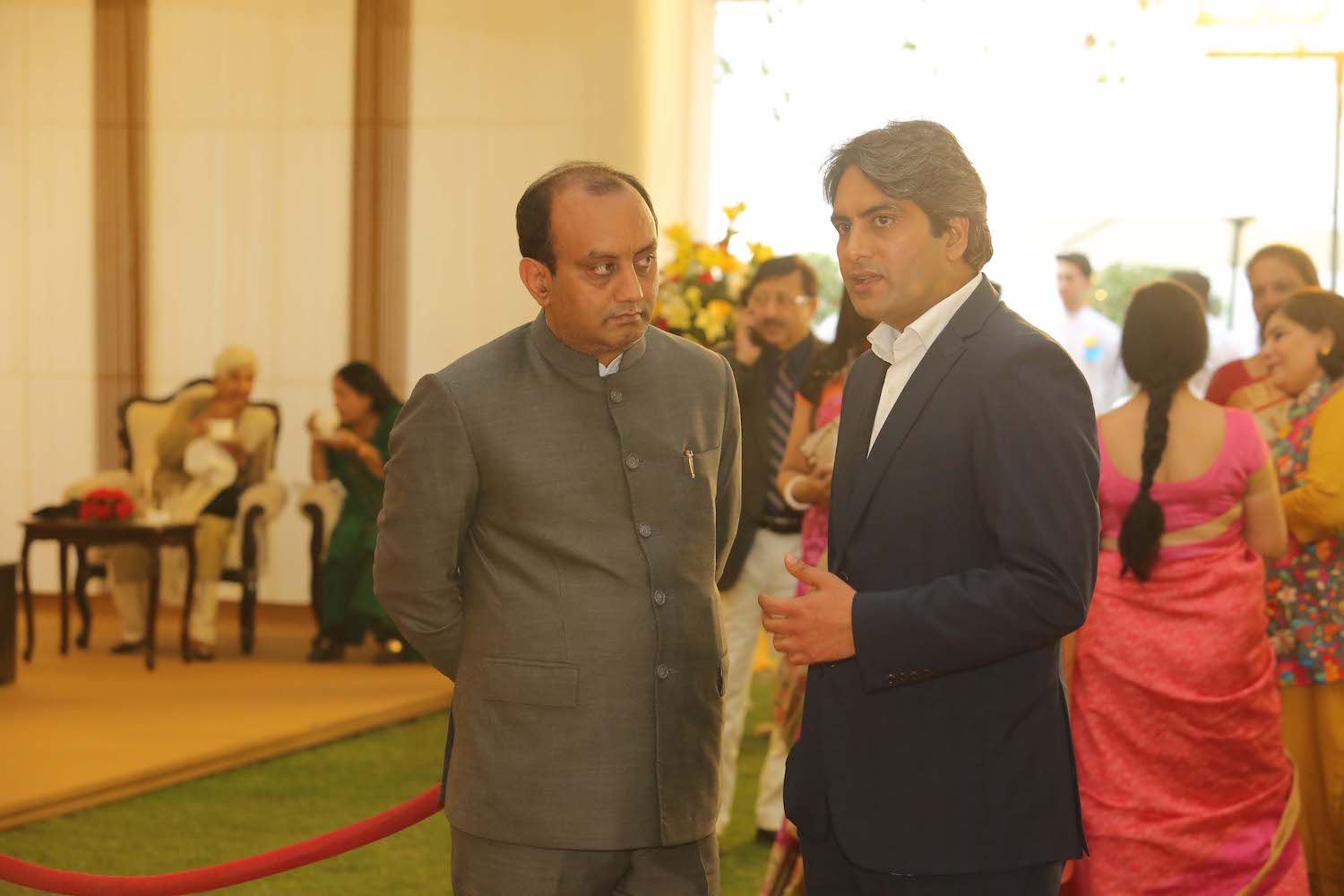
“The journalism of the boycotted journalists was already in question and it is one of the reasons they were being dubbed ‘Godi Media’. These people did not understand that they had to come with a balanced view for news.
“The leaders of the opposition political parties were being ridiculed by these 14 journalists and their practice of journalism was not an ideal journalism. Ideally an assurance should have come from these boycotted journalists that their views will be balanced.”
This, of course, did not happen. “This is not journalism and this is hurting the credibility of the media. The viewership [numbers are] coming down and you are hurting your profession,” he said.
But Tripathi added: “These news channels should see that technology has become so advanced that no one needs a news channel, the opposition can do it using their social media. Majority of the news today is made using social media feeds.”
Furthermore, he argues, coverage bias is the fault of media company owners, not the journalists, as the editorial policies are set by them.
“These anchors are merely following orders and they too have responsibilities, EMIs (home loans) and bills to pay,” he added.
“To restore the credibility of Indian media, there should be an independent watchdog to rein in all these news channels. We do not have a proper watchdog and the Press Council of India is defunct.”
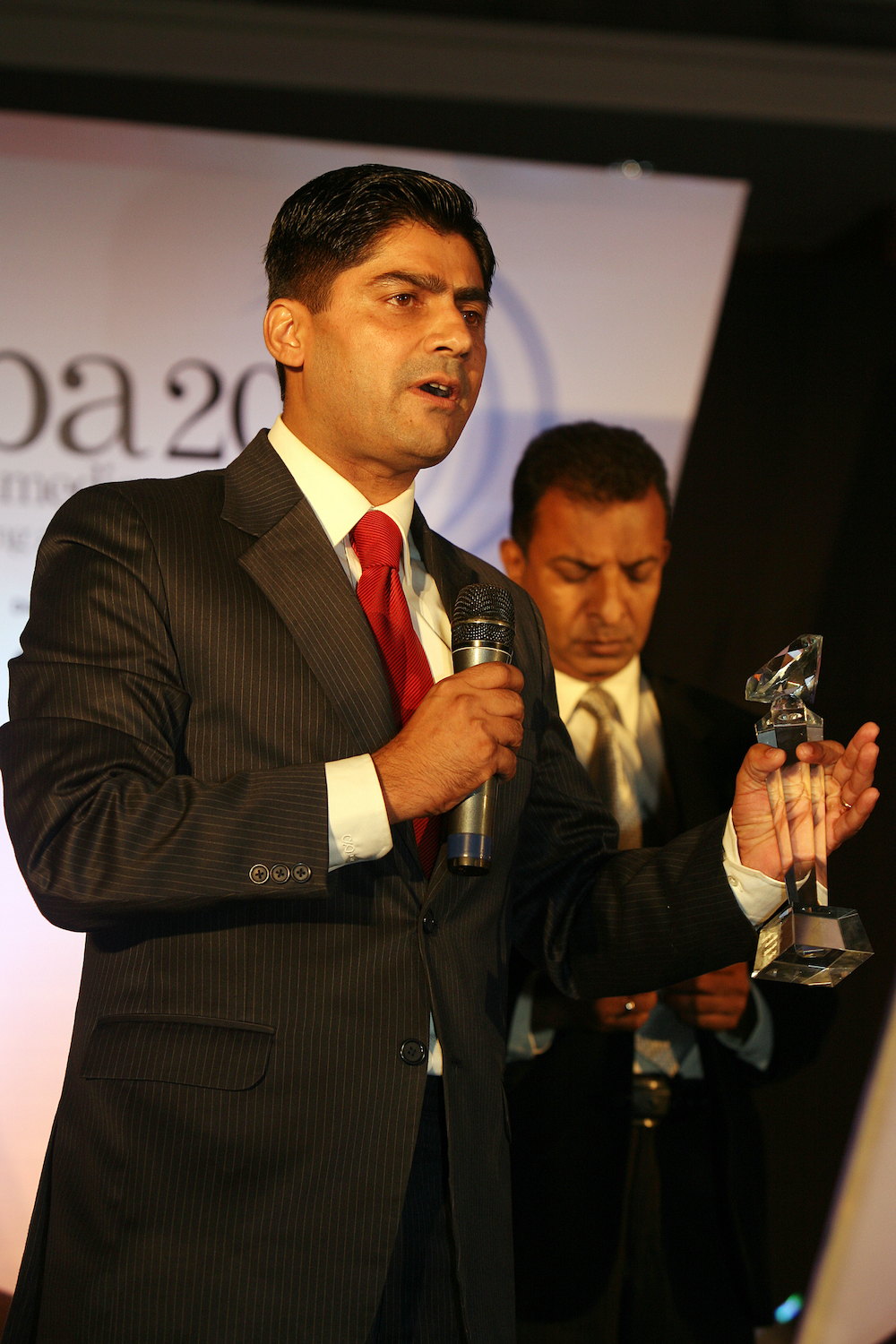
An ineffective policy?
Professor Kalyan Arun, a professor at Asian College of Journalism, in India, believes that the umbrella ban by the political parties on these 14 anchors is not going to make much impact because their representatives might still sit on the panel of these television channels but with a different anchor.
“While joining any organisation, one should first understand their editorial policy and it is very easy. A journalist can ask his/her editor to not work on a beat where his/her biases can overlap. For example, while working as a journalist with a newspaper I had to tell my editor that I will not be writing flowery pieces of a politician because I did not like her but keeping my biases aside I covered that politician’s event which were important.
“I personally feel that editors and owners should be held accountable because they draft their editorial policies and not journalists because these journalists have to follow their editorial guidelines and they also have their bills to pay.”
